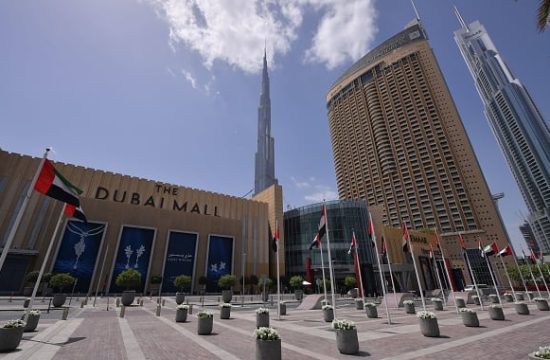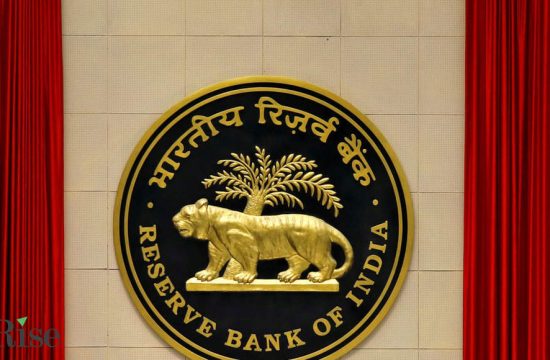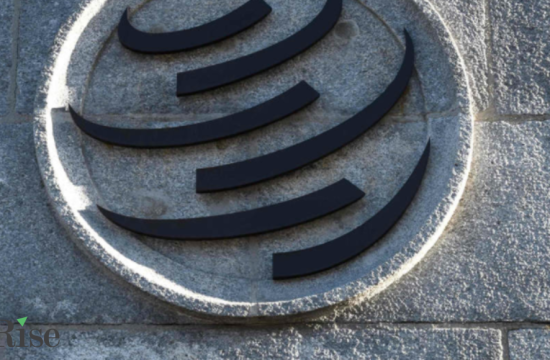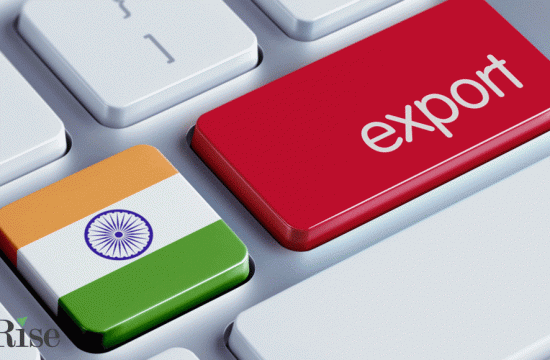
“The global economy is recovering and so is global trade. The growth depends on how the US and Europe respond to new challenges. We should target $ 340-$ 350 billion in exports for FY 22,†Ajay Sahai, DG & CEO, FIEO said while addressing a virtual press conference on Wednesday.
Addressing a range of issues that are impeding growth for the exports sector, FIEO also highlighted the aspects in the Union Budget that did not meet expectations of the industry. “The most important issue is that budgetary support has been given to the Remission of Duties and Taxes on Exported Products (RoDTEP) scheme to an extent of Rs 13,000 crore and few other schemes collectively totalling Rs 2500 crore. Last year, the payment was approximately Rs 55,000 crore. Now suddenly it has been reduced to Rs 13,000 crore. We don’t see the justification of it,†asserted Sharad Kumar Saraf, President, FIEO.
Though the scheme was announced from Jan 1st, 2021, no rates have yet been announced. Saraf added that in the absence of RoDTEP rates, finalising of contracts for exporters specifically those with thin margins is becoming extremely difficult. “Such benefits are an important component of profitability. If the rates are not notified quickly, many of the exporters would not be able to enter into new contracts and the same will get reflected in future exports of the country,†he said.
‘Harsh provisions’ of Budget
FIEO further highlighted that while the Union Budget is positive and growth oriented for the economy, certain provisions brought through the Finance Bill have serious bearing on exports. “Confiscation of goods under wrongful claim of refund/remission is particularly harsh as confiscation of goods will not only hurt the exporters but will also affect the country’s exports as well as its image. This is a very draconian measure which we request the FM to review,†Saraf added.
Besides this, the industry body directed attention to the Finance Bill amending Section 16 of the IGST Act, withdrawing the facility of exports on payment of IGST as originally envisaged in the Act. Most of the exporters, FIEO stated, were availing the IGST payment facility as the mechanism of refund was entirely seamless without any transaction cost. The current provision of ITC refund is replete with procedural challenges which involves huge transaction time, it said.
In its suggestions for more seamless transactions, the exports’ organisation said that introduction of the e-Wallet scheme for enhanced liquidity to exporters must be immediately taken up. This, it said, would ensure that the money is not blocked in payment of taxes while procuring inputs for exports.
It also highlighted the significance of R & D spends and how India’s spending is the lowest among its competitors. “We spend 0.6-0.7% of the GDP on R&D while our competitors like South Korea spend 4.1%, Japan 3.38%, China 2.19%. R&D is crucial for sustained growth in exports,†Saraf asserted.
GSP and exports
Addressing the aspect of Generalized System of Preferences (GSP) and its impact on exports, Sahai said that it had been observed that this had not been very significant to exports as a sector. “The total benefit that India was getting from GSP was $ 200 million out of our export to the US which is over $ 50 billion. For certain products, GSP was crucial and we may have lost the market share for those products but the overall scenario even after withdrawal of GSP has been that India’s exports in many of those tariff lines has gone up,†he said.
Elaborating further on his point, Sahai stated that in certain tariff lines particularly engineering, steel and in some tariff lines of the leather sector, exports did not pick up subsequently post GSP. “Let us not overplay GSP. We got greater market access despite that,†he added.
Bullish about the times ahead, Sahai said that if GSP comes in without any reciprocal benefit, it would be welcome. “Joe Biden has assumed the charge of US presidentship on 20th January, 2021. He is expected to bring stability and predictability to global trade and economy. He may also bring back GSP to the negotiating table as GSP is a non-reciprocal gesture, as opposed to Trump who brought an element of reciprocity and insisted for relaxation in price control on medical devices and greater market access to dairy products,†he explained.
Download The Economic Times News App to get Daily Market Updates & Live Business News.









